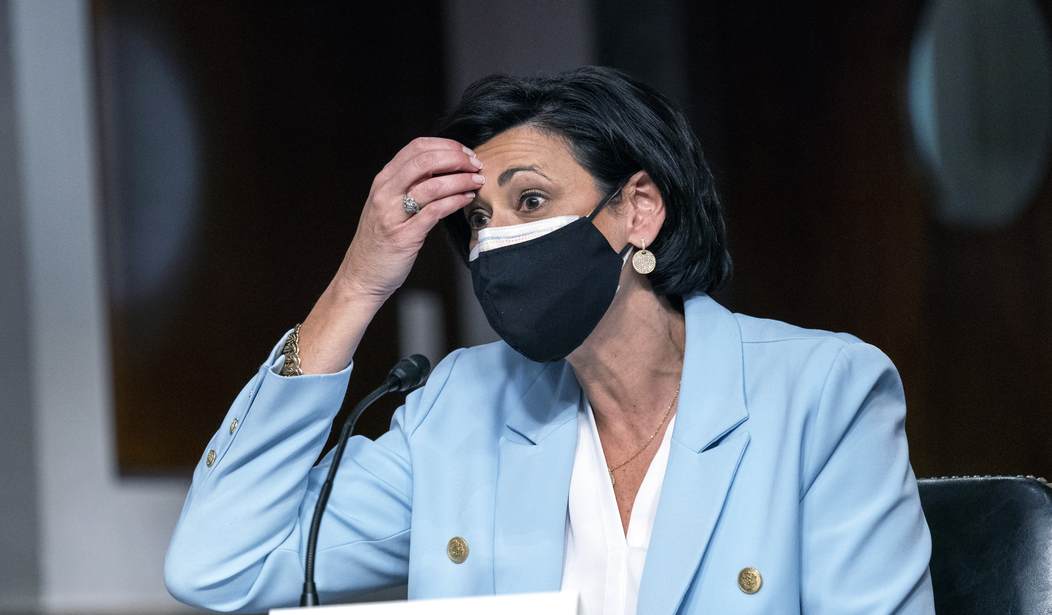There may be less of them, but you still see a few "Believe Science" signs out while driving. The challenge is that scientific knowledge makes progress when ideas are questioned, debated and explored.
When the pandemic began, the public was told we could shut down for two weeks to flatten the curve. Two years later, we have endured a lot more than a two-week shutdown. Schools were moved to remote learning; colleges were shut for months; restaurants were forced to move to takeout only; and everyone who could move from working in an office to working from home did so.
Did the draconian response of governments pay off in lives saved? Late last month, the Studies in Applied Economics journal published a paper that looked at this exact question, titled "A Literature Review and Meta-analysis of the Effects of Lockdowns on COVID-19 Mortality," by Jonas Herby, Lars Jonung and Steve H. Hanke.
Hanke is a professor in the Department of Environmental Health and Engineering and co-founder of the Institute for Applied Economics, Global Health, and the Study of Business Enterprise. Herby, who holds a master's degree in economics from the University of Copenhagen, is a special adviser at Center for Political Studies in Copenhagen, Denmark. His research focuses on law and economics. Jonung is professor emeritus in economics at Lund University in Sweden.
Their goal was "to determine whether there is empirical evidence to support the belief that 'lockdowns' reduce COVID-19 mortality." They specifically looked at "any government mandate that directly restrict peoples' possibilities, such as policies that limit internal movement, close schools and businesses, and ban international travel." Their study looked at whether government mandates saved lives.
Recommended
They concluded that "lockdowns have had little to no effect on COVID-19 mortality." This was based on a review of data of actual responses after the lockdowns occurred. When this all began in 2020, we were told that a government mandate around lockdowns would save millions of lives. "An often-cited model simulation study by researchers at the Imperial College London (Ferguson et al. (2020)) predicted that a suppression strategy based on a lockdown would reduce COVID-19 mortality by up to 98%," noted the study. While this was treated as "science" in 2020, it was a model based on science, and now that we have real world data, the analysis shows that the decision was wrong, and the lockdowns caused more harm than good.
One of the failures of the Ferguson model was it did not factor in people's natural reactions to danger. Even without government mandates, news of the pandemic would have caused people to change their behavior to avoid danger. A 2021 study by Herby noted the difference between changes people made on their own and those mandated by government. What was found was, "voluntary behavioral changes are 10 times as important as mandatory behavioral changes in combating COVID-19."
This means that people can make determinations based on information regarding their own behavior. Not only do they not need government mandates but government mandates meant to control people are harmful. That's because the models that government works with regarding future outcomes are often wrong.
What we do know is the devastation that the mandates have had on people, businesses and personal connections. While a few lives may have been saved by mandates, the costs have been enormous. "They have contributed to reducing economic activity, raising unemployment, reducing schooling, causing political unrest, contributing to domestic violence, and undermining liberal democracy," noted the authors. Their conclusion: "Lockdowns should be rejected out of hand as a pandemic policy instrument." Interestingly, the authors also included the fact that "Our results are in line with the World Health Organization Writing Group (2006), who state, 'Reports from the 1918 influenza pandemic indicate that social-distancing measures did not stop or appear to dramatically reduce transmission.'"
We should have followed the WHO advice and not shut down. The challenge is that, when people are scared, they look for answers, and for someone else -- an expert -- to decide so that they feel safe. Unfortunately, we gave up control to the government experts, and their models were wrong.
We should spend some time digging in and learning from this mistake.

























Join the conversation as a VIP Member